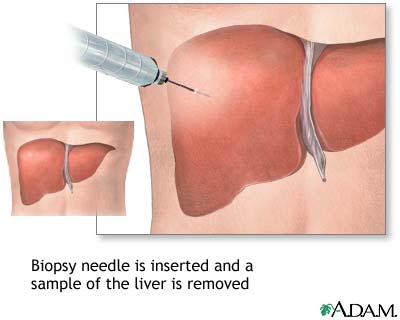
While Hepatitis A is largely only a risk in underdeveloped countries, there are a combined 5.25 million people in America living with Hepatitis B and C. The consequences of not undergoing Hepatitis treatment can be chronic Hepatitis, which can lead to serious liver damage and death. With that in mind, it’s important to understand the truth about Hepatitis…what is Hepatitis?Hepatitis A, B and C are viral diseases that generally attack the liver. Although there are vaccines against A and B (and nearly half of America has developed an immunity against A), there is no cure for the disease, though there are treatments to help you deal with the Hepatitis symptoms.how is Hepatitis Transmitted?Hepatitis A is from people either ingesting fecal matter (usually through unwashed hands in unsanitary conditions) or through common contact – sexual contact, contaminated water, sharing needles or consuming undercooked shellfish. This is largely localized to third world countries with poor sanitation, but is still prevalent in some areas of the US. The strain does not cause liver disease, and Hepatitis A symptoms are both mild and short lived – most people believe that once the disease has been caught, the person will have immunity for life, and the disease is very rarely fatal – however, the vaccine is recommended for trips to third world countries.Hepatitis B is contracted via direct contact with bodily fluids. It’s usually caught via sexual contact, shared needles or through child birth. Although a quarter of those contracting chronic Hepatitis B will die from the disease, there is a vaccine to prevent initial infection, and there are medications available for long term sufferers.Hepatitis C occurs via contact with infected human blood. This means that it is typically caught through sharing needles, borrowing razors, infected blood/organ transplants or penetrative sex. As with Hepatitis B, a new born baby can be infected during delivery.what are the Symptoms of Hepatitis?Like many STDs, symptoms of Hepatitis’ three strains may be mild or invisible. if you do feel symptoms, they may be: Itching Dark urine Muscle aches Suppressed appetite Nausea Severe fatigue Flu style symptoms Headaches Jaundice Fever Abdominal Pain if you do feel a combination of these symptoms, you should book Hepatitis testing as soon as possible.what does Hepatitis Testing Involve?Although the Hepatitis testing procedure for each strain is different technically, the purpose and method is the same: a sample of blood is taken from the arm, and then tested to see if the relevant antibody is present. if it is, then the body has been trying to fight the virus, proving an exposure to the virus.what is the Treatment for Hepatitis?The bad news is that there is no cure for any of the forms of Hepatitis. The good news is that all strains of Hepatitis have treatments (or don’t need them) to make living with the virus bearable:Hepatitis A is unnoticeable in many people, and infection guarantees immunity in future. Although there are a small number of cases where the disease has led to death, the majority of people will find that the virus causes immunity and they will never suffer any ill effects again.Hepatitis B has a variety of medicines available to make the disease more manageable for those with a prolonged infection. The drugs significantly lower the chances of liver damage by slowing down the virus or preventing it from reproducing. that said, it is important to keep in regular contact with a doctor to keep an eye on liver damage.Unlike the other strains, Hepatitis C has no vaccine because the virus’ molecular configurations are constantly shifting. Fortunately, like the others there are Hepatitis treatments available to slow the disease and improve the quality of life – usually a combination of pegylated interferon and ribavirin. Despite this, sadly some 70% of chronic Hepatitis C sufferers develop serious liver disease.